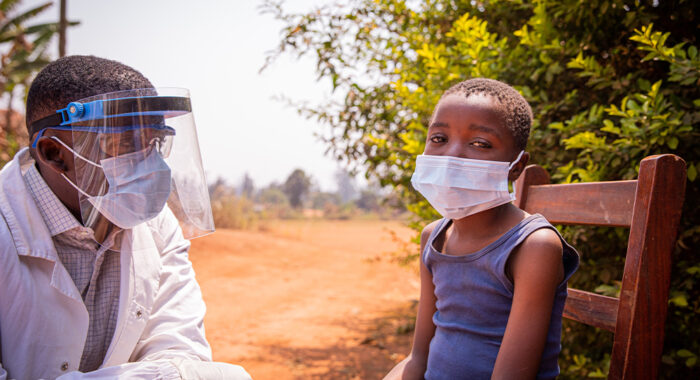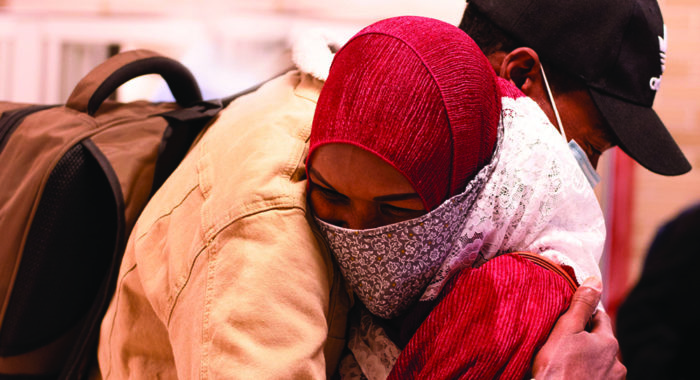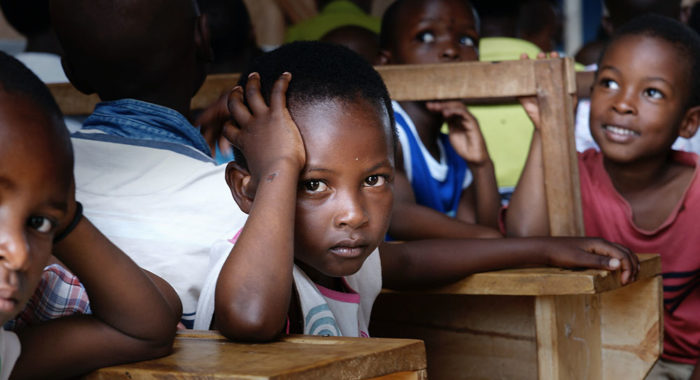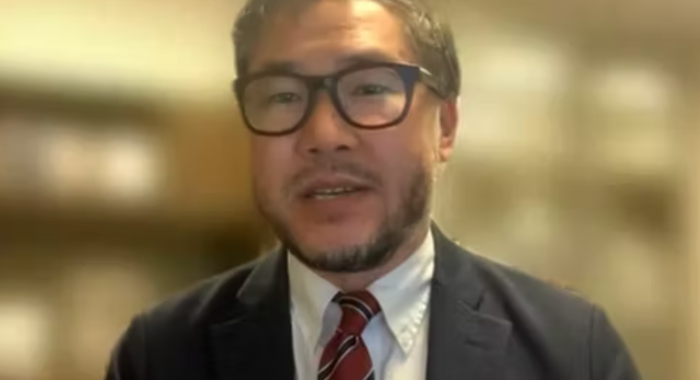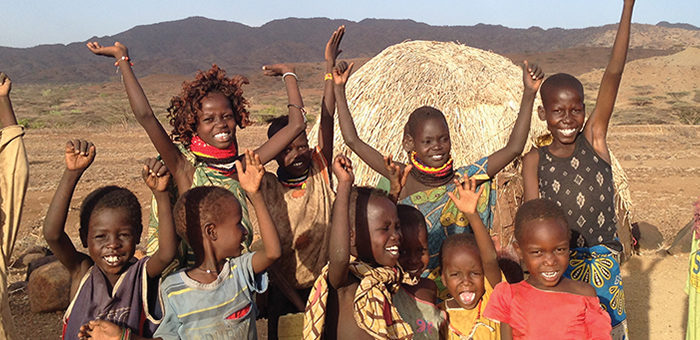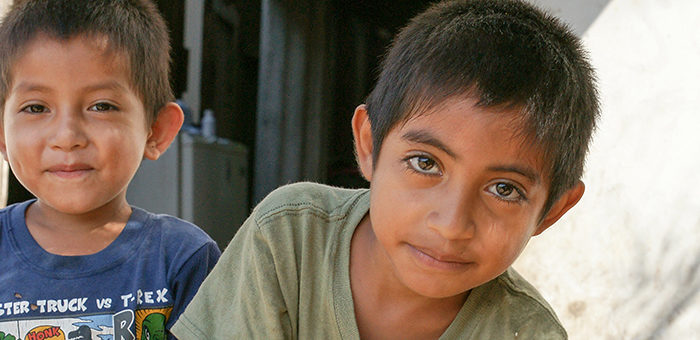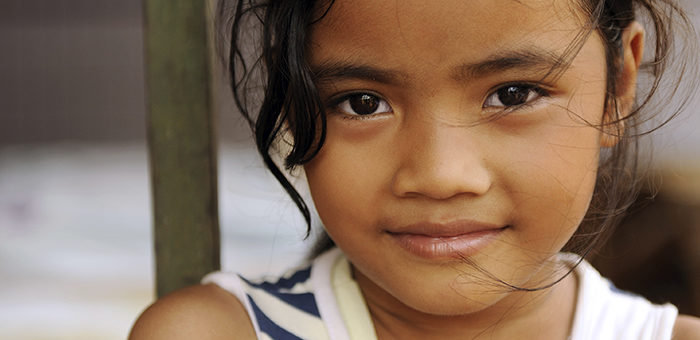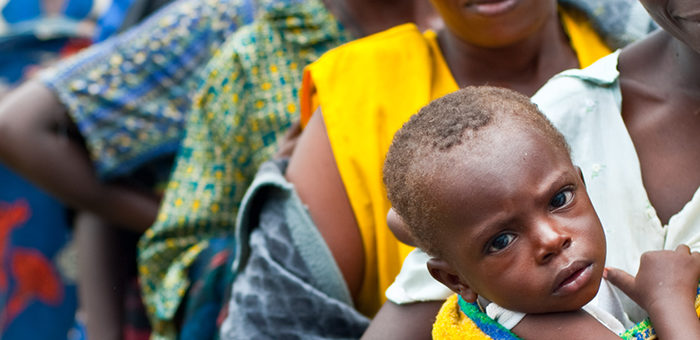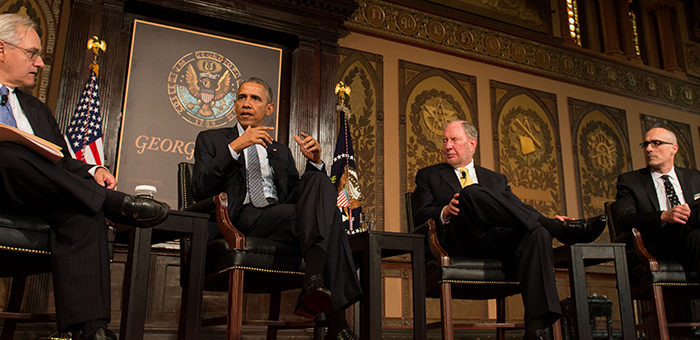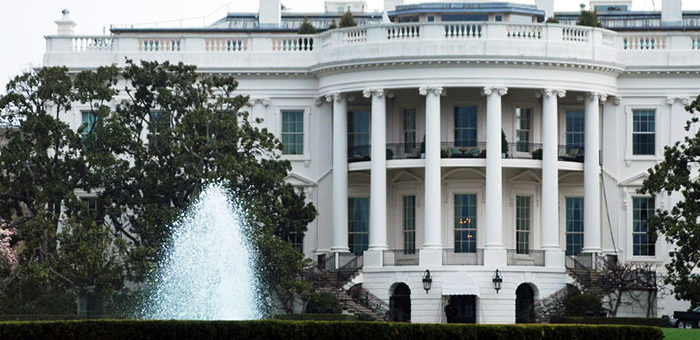The NAE joined World Relief and other faith-based organizations in a letter to congressional leaders expressing concern over proposed disproportionate cuts to poverty-focused international assistance programs. These programs represent less than one percent of the federal budget but save millions of lives every year.
Dear Senator:
As religious and faith-based organization leaders, we are extremely concerned about the disproportionate cuts to life-saving and cost-effective programs in the Fiscal Year 2011 spending measure passed by the House of Representatives. The cuts reverse broad bipartisan support behind these programs and jeopardize lives across the world. Our faith tradition calls on us and our governments to care “for the least of these”, to “feed the hungry”, and to “act justly.” Investments in programs that fight disease, combat extreme poverty, and alleviate suffering reflect not only America’s values, but also demonstrate American leadership.
The federal deficit is of genuine concern to all of us, and we understand that tough choices and sacrifices must be made. We urge you to take bold steps to bring spending and revenue in line, focusing particularly on the major budget categories and tax policies that add the most to our deficit. We believe it is morally unacceptable that the deepest cuts have targeted programs that are saving lives and investing in our own national security.
The spending cuts to the international humanitarian assistance accounts are more than double the reductions to the overall bill. Given the fact that these accounts represent less than ½ of 1 percent of the total federal budget, the cuts will have very modest value in balancing the budget. Instead they will have an immediate and devastating impact on the world’s poorest. For example, the cuts proposed to international food assistance will mean 15 million fewer people will receive food. These cuts reflect misdirected priorities and will cause the proliferation of preventable disease, extreme poverty and loss of life.
Cuts proposed in the House of Representatives’ budget resolution include slashing U.S. food aid programs by 41 percent ($687 million), Office of Foreign Disaster Assistance funding by 67 percent ($875 million), development assistance by 30 percent ($747 million), refugee programs by 45 percent ($827 million), global health and childhood survival programs by 15 percent ($365 million), all from FY 2010 enacted levels.
Of great concern is the 10 percent cut to the President’s Emergency Plan for AIDS Relief and the proposed $450 million cut in contributions to the Global Fund to Fight AIDS, Malaria and Tuberculosis, which would mean that approximately:
- 10.4 million bed nets to fight malaria will not be provided;
- 6 million treatments for malaria will not be administered;
- 3.7 million people will not be tested for HIV;
- 58,286 HIV-positive, pregnant women will not receive treatment to prevent mother-to-child transmission of HIV;
- 414,000 people will not be provided their antiretroviral (HIV/AIDS) medication; and
- 372,000 cases of testing and treatment of tuberculosis will be halted.
Many religious communities in the United States played an instrumental role in fostering the bipartisan consensus that ultimately led to the passage of global AIDS, tuberculosis, and malaria legislation in 2003 and 2008. Collectively, our organizations and churches represent millions of donors, supporters, congregants and members active within every Congressional district in the country. We write to you as leaders of these communities, which have continued to support both private and governmental funding for these diseases and other humanitarian accounts, and are now deeply concerned with the proposed cuts.
We strongly encourage the Senate to restore funding to these critical and cost-effective programs. Funding for these programs should not come at the expense of domestic poverty programs. As the Senate faces the tough job of restoring fiscal responsibility in Washington, we strongly urge you to understand that smart and responsible investments that save millions of lives and help stabilize areas of great strategic and security interests to the United States the very programs we should prioritize.
Sincerely yours,
Richard Stearns
President
World Vision
Sheila Nix
US Executive Director
ONE Campaign
Leith Anderson
President
National Association of Evangelicals
Dave Evans
President
Food for the Hungry
Ambassador Tony Hall
Executive Director
Alliance to End Hunger
David Beckmann
President
Bread for the World
John Galbraith
President and CEO
Catholic Medical Mission Board, Inc.
Jim Wallis
President and CEO
Sojourners
Samuel Wolgemuth
Interim President and CEO
World Relief
Bill Horan
President
Operation Blessing International
Rev. Andrew D. Genszler
Director for Advocacy
Evangelical Lutheran Church in America
Rudi Maier, PhD
President/Executive Director
Adventist Development and Relief Agency
Ron Sider
President
Evangelicals for Social Action
Andrew Ryskamp
Executive Director
Christian Reformed World Relief Committee
Wes Granberg-Michaelson
General Secretary
Reformed Church in America
The Rev. Roy Medley
General Secretary
American Baptist Churches
Ruth Messinger
President
American Jewish World Service
The Rev. Mitchell C. Hescox
President/CEO
Evangelical Environmental Network
David Eller
President
World Concern
Bill Simmons
President and CEO
American Leprosy Missions
Brent Hample
President and CEO
India Partners
Brian McLaren
Author / Speaker / Activist
The Rev. Sid L. Mohn
President
Heartland Alliance for Human Needs and Human Rights
Eugene Cho
Senior Pastor, Quest Church
Founder, One Day’s Wages
Shepherd Smith
President
Institute for Youth Development
Scott Sabin
Executive Director
Plant with Purpose
David R. Adams
Vice President for Missions Cross International, Inc.
Cross International Catholic Outreach
Anita M. Smith
President
Children’s AIDS Fund
Stan Doerr
President and CEO
ECHO, Inc
Peter Greer
President
HOPE International
Gary Haugen
President
International Justice Mission
Doug Lockhart
US CEO
Biblica



 View All Updates
View All Updates 